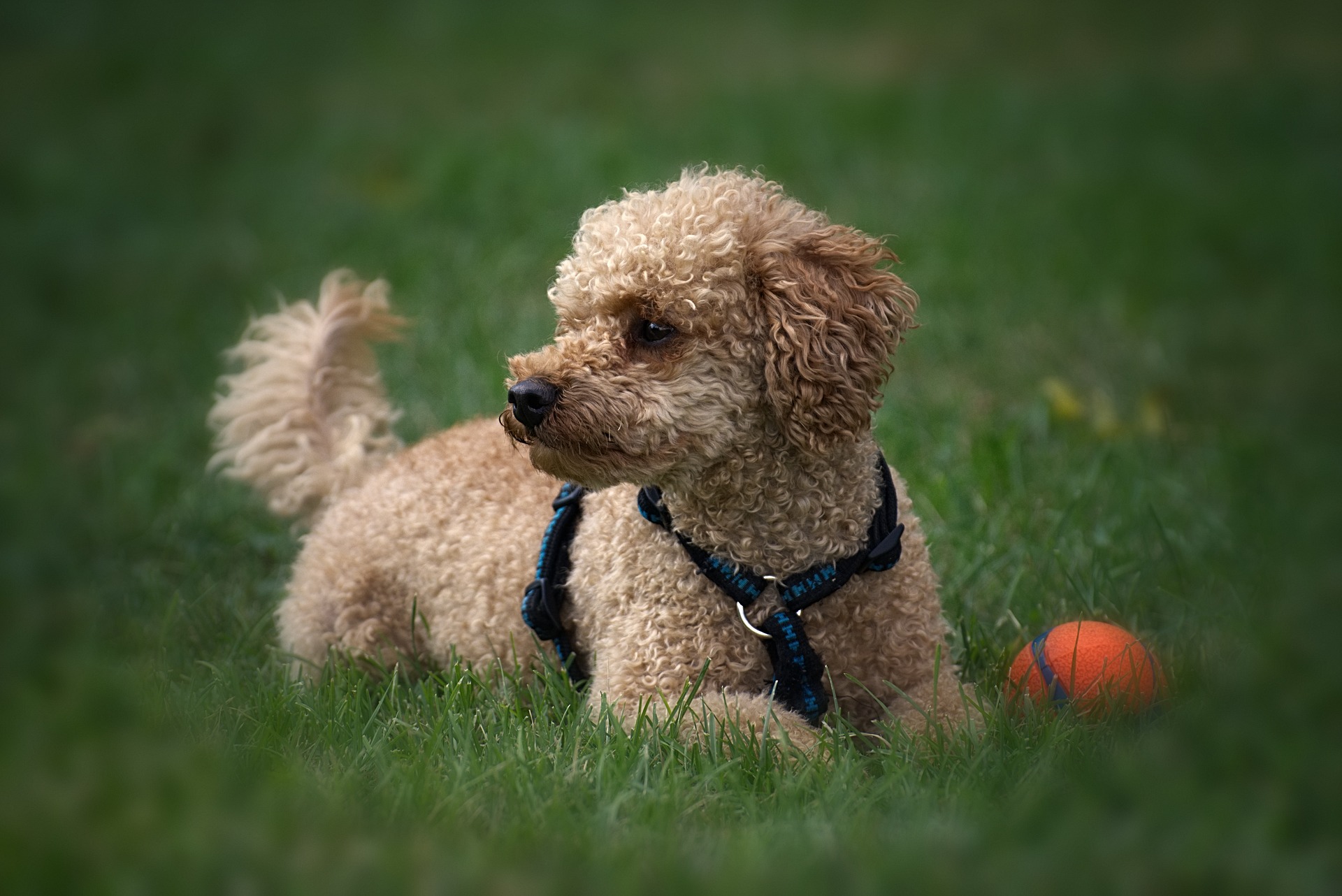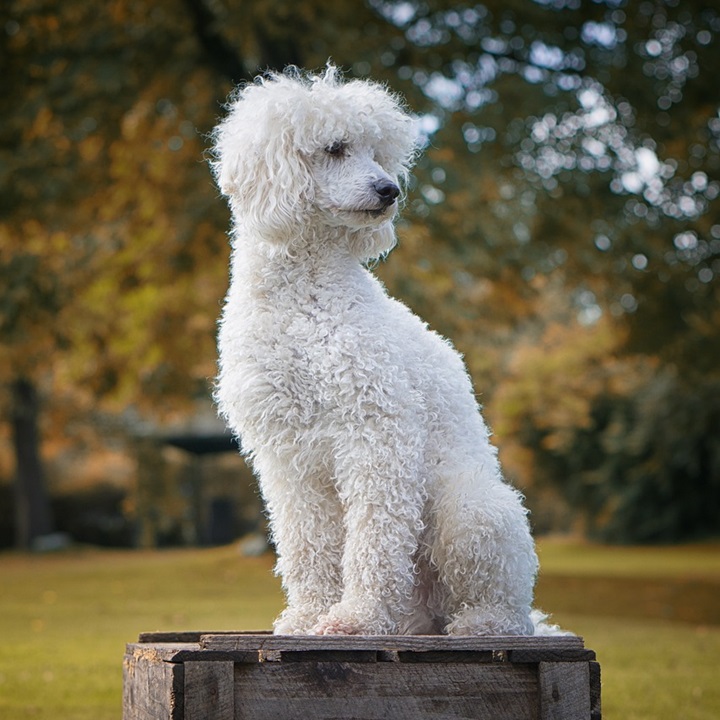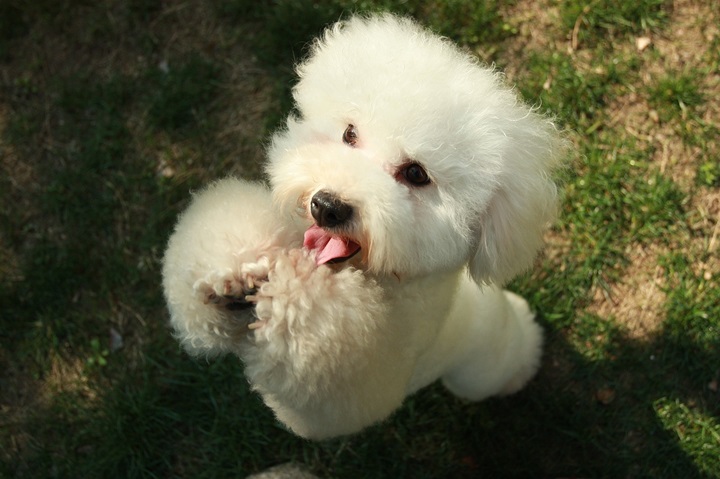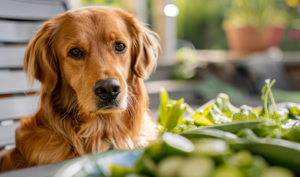
Poodles carry an irresistible appeal that captivates the hearts of many. They are celebrated for their intelligence, which shines through in their quick learning and problem-solving skills. Their hypoallergenic coat is another advantage, especially for sensitive ones who yearn for canine companionship. Additionally, their adaptability to various environments makes them a versatile pet, fitting comfortably into different lifestyles.
These traits are particularly appreciated in the Philippines, where life can be fast-paced and ever-changing. Filipino families find their playful nature and endearing personality a joyous addition to their homes. These furry friends quickly become beloved family members, their presence adding a layer of warmth and love to the household. Their ability to blend into the family dynamics while bringing so much joy makes them a hit among Filipino pet owners.
Dive into this comprehensive guide to discover everything you need to know about owning a poodle, from initial costs to yearly expenses and the various factors influencing their price. By the end of this insightful post, you’ll also understand the unique benefits and challenges of being a poodle parent, empowering you to make an informed decision.
How Much Does a Poodle Cost in the Philippines?
The initial cost of a poodle varies significantly, usually ranging from ₱10,000 to ₱35,000. This price range is influenced by factors such as pedigree, size, and color of the puppy.
Moreover, it’s crucial to note that this breed comes in four distinct types – Standard, Medium, Miniature, and Toy Poodle. Each variant has unique traits and care requirements, which can affect their price. For instance, a Standard Poodle might be priced differently than a Miniature or Toy Poodle due to its size and maintenance needs. Therefore, the poodle type could be a significant factor in determining the final cost for potential owners.
The Yearly Expenses
The initial purchase cost of a Poodle is just the beginning. There are ongoing costs such as food, grooming, healthcare, and more.
Let’s begin breaking down these costs, shall we?
1. Veterinary Care
Regular vet visits and vaccinations are vital to your four-legged friend’s well-being. An annual check-up, including vaccines, can cost around ₱5,000. Tick and flea prevention costs about ₱420 per month—a small price for keeping the itch away. In total, their veterinary care costs around ₱10,000 every year.
2. Food
The estimated yearly expense for food totals around ₱30,000 based on a monthly cost of ₱2,500.
3. Grooming
Considering a monthly cost of ₱1,500 for professional grooming, you are looking at an annual expense of approximately ₱18,000. Remember, this could vary depending on your pet’s specific needs and grooming style.
4. Miscellaneous
This includes a one-time bedding cost and a monthly allocation for treats, toys, and gear. The annual total is around ₱10,000, which may vary based on your pet’s unique needs.
Total Yearly Expenses
Adding up these expenses, expect to spend around ₱68,000 every year for your Poodle. Remember that this doesn’t include any emergencies that may arise and the initial purchase price.
The First Year Expenses
| Expenses | Costs |
| Poodle’s Price | ₱10,000 to ₱35,000 |
| Vet Care | ₱10,000 |
| Food | ₱30,000 |
| Grooming | ₱18,000 |
| Miscellaneous | ₱10,000 |
| TOTAL | ₱78,000 to ₱103,000 |
Every peso spent contributes to your pet’s well-being, ensuring they live a happy, healthy life. So, when considering adding a new member to your family, ensure you’re financially prepared for this commitment.

What Factors Affect the Price?
Everyone loves a good bargain, but when it comes to the price of a Poodle, it’s more of a Rubik’s Cube than a straightforward tag. Factors like demand, lineage, breeder reputation, and health screenings significantly determine the cost. So, let’s unravel this puzzle, shall we?
a. Demand and Availability
The price escalates when the demand is high, and supply is low. If you’re eyeing a rare color or specific pedigree, be prepared for a steeper price.
b. Lineage and Pedigree
The ancestral tree matters not just in royal families but also in the canine world. A pup descending from a line of champions will surely command a premium.
c. Breeder Reputation
A respected breeder invests time, effort, and resources in caring for healthy pups, which is reflected in their pricing.
d. Health Screenings
Poodles with health checks and vaccinations can cost more, but they save you future vet bills and provide peace of mind.
e. Size
Toy Poodles are often more expensive than their Standard counterparts. This is mainly due to their popularity and compact size, making them ideal for apartment living and families with small children.
Remember, a higher price often means a healthier and well-bred puppy. It’s not just about buying a pet but investing in a new family member. And just like in real estate, location affects price, too. So, while these factors hold valid generally, prices in the Philippines may vary.
What is the best advice? Do your homework, ask the right questions, and choose wisely.
Essential Questions for Your Poodle Breeder
Finding the right puppy for you starts with choosing a reputable breeder. You should ask several key questions to bring home a healthy and genuine Poodle. This guide will help you navigate this process and confidently select your new furry friend.
1. Can I see the puppy’s parents?
Seeing the parents allows you to gauge your potential pup’s future size, temperament, and overall health. If the breeder hesitates or refuses, it could be a red flag.
2. Are health screenings and clearances available for both parents?
They are prone to certain genetic conditions, such as hip dysplasia and progressive retinal atrophy. Ask for health clearances to ensure parents are free from these conditions.
3. Do you have proof of pedigree?
Ideally, a legitimate breeder should provide a pedigree certificate from an organization like the Philippine Canine Club Inc. (PCCI). This verifies the pup’s lineage and breed authenticity.
4. How have the puppies been socialized?
They are known for their intelligence and sociability. They must be properly socialized from a young age to ensure they grow into well-adjusted dogs.
5. What is your experience and history with breeding this particular breed?
Experience matters. A breeder with a history with Poodles is more likely to understand their unique needs and characteristics.
6. Can I return the puppy if there are any health issues?
A responsible breeder will stand by the health of their puppies. They should have a clear return policy in case of unexpected health issues.
7. What type of food are you feeding the puppies?
They may require specific diets due to their susceptibility to food allergies. Knowing what the puppy eats can help you maintain a consistent diet.
Now, how can we investigate authenticity?
One way is by cross-checking the pedigree certificate provided by the breeder with the PCCI. You can also ask for references from previous buyers to know their experiences. Remember, a legitimate breeder will be transparent and open to your queries.
By asking these questions, you can ensure that you’re getting an authentic breed from a legitimate breeder. Initially, the process may seem overwhelming, but armed with the correct information, you’ll be confident during this pet selection process.

Weighing the Pros and Cons: Poodle Ownership
Are you considering adding this dog to your household? Poodles often find themselves in the spotlight with their intelligence, elegance, and sociability. However, every breed comes with its unique set of advantages and challenges.
Let’s review the pros and cons of owning this breed.
Pros:
1. Intelligence: Known as one of the most intelligent breeds globally, these dogs are brilliant and easy to train. They can quickly pick up commands, making them delightful partners in various activities, from obedience training to dog sports.
2. Hypoallergenic: Unlike many other breeds, they have hair instead of fur. This characteristic makes them hypoallergenic, an absolute blessing for people with allergies.
3. Long Lifespan: These dogs are known for their longevity. They can be part of your family for many years with proper care and a healthy lifestyle.
4. Sociability: They are friendly creatures. They thrive in environments where they can interact and engage with their human families.
Cons:
1. High Maintenance Grooming: Although their hair doesn’t shed, it grows continuously, requiring regular grooming. Without consistent care, their coat can quickly become matted and uncomfortable.
2. Need for Mental Stimulation: Their high intelligence means they require plenty of mental stimulation to prevent boredom and destructive behaviors.
3. Potential for Genetic Conditions: These dogs can be predisposed to specific genetic health issues. It’s crucial to understand these particular health risks, such as hip dysplasia, progressive retinal atrophy, and epilepsy, before deciding to bring one into your home.
4. Size Variations: The size variation in Poodles can be a disadvantage due to the associated health risks of each size. Larger Poodles, for example, may be prone to conditions like hip dysplasia due to their size and weight. Smaller Poodles can be more susceptible to dental issues and specific bone and joint disorders. Additionally, the wide range of sizes can make it more challenging for potential owners to predict the exact size their puppy may grow up to be. This unpredictability can lead to unexpected challenges, especially in living arrangements and lifestyle compatibility.
While these pros and cons provide a general overview, the experience of owning a poodle can vary significantly based on individual circumstances. It’s essential to consider your living conditions, lifestyle, and the breed’s specific needs before deciding.
Ultimately, owning a poodle, like any pet, requires commitment, understanding, and love. But with the proper preparation, it’s a journey filled with joy and companionship.






